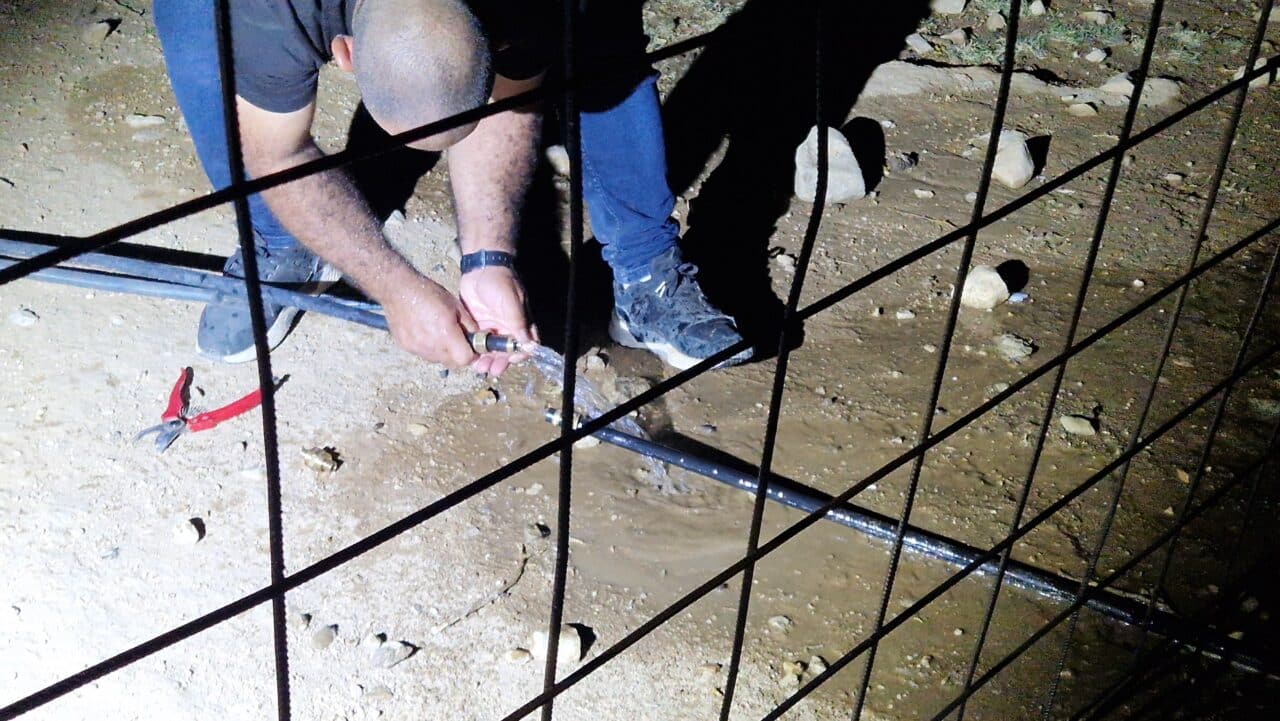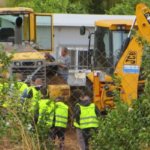“Frozen Out, in the West Bank”
Human Rights Watch
11 February 2011
Human Rights Watch, Frozen Out, in the West Bank, 11 February 2011, available at: http://www.unhcr.org/refworld/docid/4d5a1ad51e.html [accessed 7 March 2011]


The Obama administration’s failure to induce Israel to freeze settlement construction in the West Bank has led Western diplomats to worry that the continued settlement expansion may soon push the possibility of a two-state solution over the brink. But the focus on a settlement freeze should not detract attention from the freeze that Israel does impose – against Palestinians.
The number of Israeli settlers in the West Bank, including East Jerusalem, has doubled since the Oslo accords, from roughly 240,000 in 1992 to 490,000 in 2009. Israel’s allies should be concerned about those figures, but they should keep their eyes on other numbers as well. In 2010, Israel’s demolitions of Palestinian homes and buildings for so-called “un-permitted construction” are up by almost 45 percent over last year: Israel razed 396 Palestinian structures in the West Bank, displacing 280 children and hundreds of other people.
Palestinians resort to “un-permitted construction” because Israel rejects most of their building permit applications. More than 94 percent were rejected from 2000 to 2007, government figures show, in “Area C,” the 60 percent of the West Bank where Israel exerts exclusive control. For every construction permit granted to Palestinians during this period, Israel demolished 18 Palestinian structures and issued demolition orders against 55 more. On average, Israel executed 34 percent of demolition orders against Palestinian structures, destroying 235 buildings a year.
By contrast, Israel has done little to curb illegal construction by settlers, all of whom live in Area C. An Israeli military database identified 4,300 un-permitted buildings in roughly 120 recognized settlements; a separate government report documented more than 100 settlement “outposts” in which every structure is illegal under Israeli law. Yet from 1997 to 2009, Israeli authorities executed just 3 percent of demolition orders against settlements and outposts – an average of 8 structures a year.
Israel’s treatment of settlers and Palestinians in Area C is not just lopsided: Israeli policies systematically promote settlements while harshly discriminating against Palestinians living under exclusive Israeli control, barring them from paving roads, building schools, cultivating olive trees, and repairing wells.
Israel claims these policies stem from security needs, but in our research for a new report, we found that they bear no conceivable relationship to the security of settlers or other Israelis.
A settlement in the northern Jordan Valley boasts a swimming pool and grows crops for export, while Palestinian villagers next door sometimes go without running water for up to three days at a time in the summer because the settlement’s wells have dried theirs out. Israel has refused to allow a Palestinian village southeast of Bethlehem to connect to the electricity grid or to allow international donors to set up solar panels in the village. When Human Rights Watch visited the village, children were studying by candlelight while the electric lights of nearby settlements were visible.
We found Bedouin children who walk for hours to attend a ramshackle school built of corrugated metal sheets, without heaters for winter or fans for summer. Israeli authorities have refused to allow improvements. A 9 year-old student told us that she prefers coming to class in the winter, because “in the summer it’s hot, and there are snakes on the way.” The school sits at the base of a valley; during wet weather, runoff is visible from the Israeli garbage dump on higher land.
There is no question that Israel, whose civilians have suffered horrific suicide bombings and other attacks that originated in the West Bank, has legitimate security concerns. But it is absurd to claim that “security” underlies the denial of education, housing, electricity, water and other basic necessities to Palestinians, while settlements next door thrive on lavish state subsidies. The Israeli military authorities’ refusal to provide Palestinians with desperately needed infrastructure – or even to allow them to provide it for themselves – is unjustifiable.
Israel’s allies have said they want a settlement freeze; they should also demand a thaw on restrictions limiting Palestinian education and livelihoods. Rejecting Israel’s discriminatory policies is not a matter of mere moralizing, but of avoiding potential complicity in policies of the kind that both Europe and the US long ago rejected. The US should determine whether regulations that grant tax exemptions to donations to settlements are subsidizing discrimination; and it should reduce its annual $2.75 billion in aid to Israel in an amount equivalent to Israel’s support to settlements.
As a market for settlement products, Europe should ensure that it does not provide incentives for buying settlement exports through preferential tariff treatment. It also should identify cases where discrimination against Palestinians has contributed to the production of settlement goods, such as agricultural goods grown using water from Israeli wells that have dried up Palestinian wells.
As one Area C resident told us, “What’s painful is not that we are living in poverty, but that the Israelis are building new houses and schools for their children and they’re doing it all right here, on our land. But when we ask to be allowed to do this, we’re told no.”
..
Bill Van Esveld is a Middle East researcher for Human Rights Watch, based in Jerusalem, and the author of the new report, Separate and Unequal: Israel’s Discriminatory Treatment of Palestinians in the Occupied Palestinian Territories.


